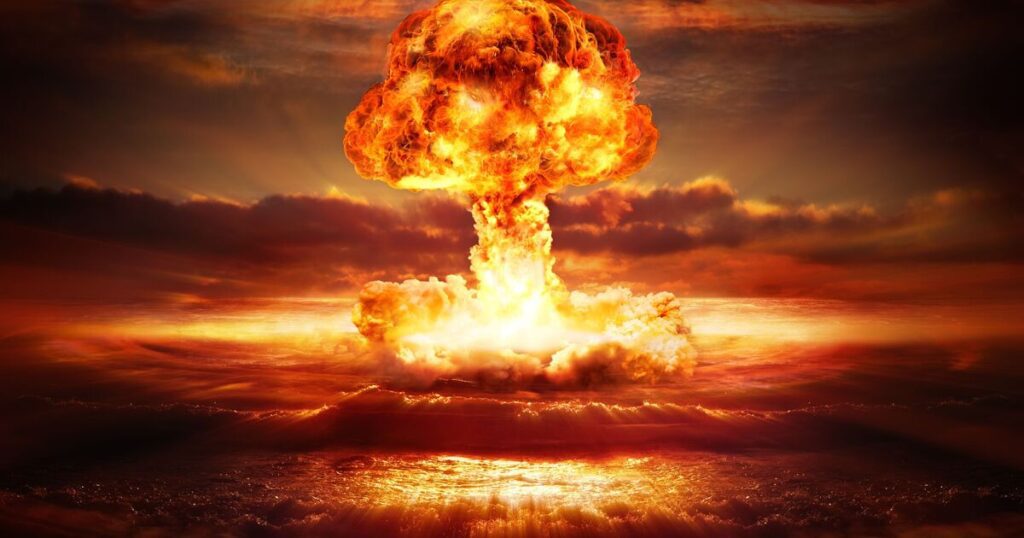The 70-year-old billionaire is calling for more focus and spending on vaccines to fight deadly diseases across the world, including malaria.
“To be clear: Climate change is a very important problem. It needs to be solved, along with other problems like malaria and malnutrition. Every tenth of a degree of heating that we prevent is hugely beneficial because a stable climate makes it easier to improve people’s lives,” he wrote.
Experts also believe that humanity will end itself before the worst effects of climate change are felt. With AI on the rise, the development of bioweapons and other terrifying technologies, the world is creating weapons of mass destruction.
Scientists who study “existential risks” believe that the biggest current threat to humanity is total nuclear war.
Dr Rhys Crilley, an expert on international relations from the University of Glasgow, told Daily Mail “The key difference is time: climate change unfolds over decades; nuclear war could end civilisation in the space of a few hours.”
“Climate change is a slow-burning crisis that’s already reshaping our world but will get worse in the future, whilst nuclear weapons pose the possibility of instant, total devastation for the planet.”
Crilley added that the risk for nuclear war is not theoretical, as the weapons exist, and tensions between nuclear powers are worsening. “And it seems that nuclear weapon states are increasingly willing to use force to get what they want whilst threatening to use nuclear weapons,” he added.
“On top of this, we know that accidents and miscalculations happen, and that it was largely down to luck that there was no nuclear conflict during the Cold War,” he said.
Research suggests that even a relatively contained nuclear war would end humanity, as the detonation of atomic bombs would be a disaster for the global atmosphere. When atomic bombs detonate, they trigger enormous fires that blast columns of ash and dust into the atmosphere. These enormous clouds would block the sun for years, which would cool the earth’s surface, triggering a nuclear winter.
Furthermore, research shows that the global chilling would trigger a “nuclear little ice age” lasting thousands of years. Reduced sunlight would plunge global temperatures by up to 18°F for nearly a decade, wiping out the world’s agricultural production.

